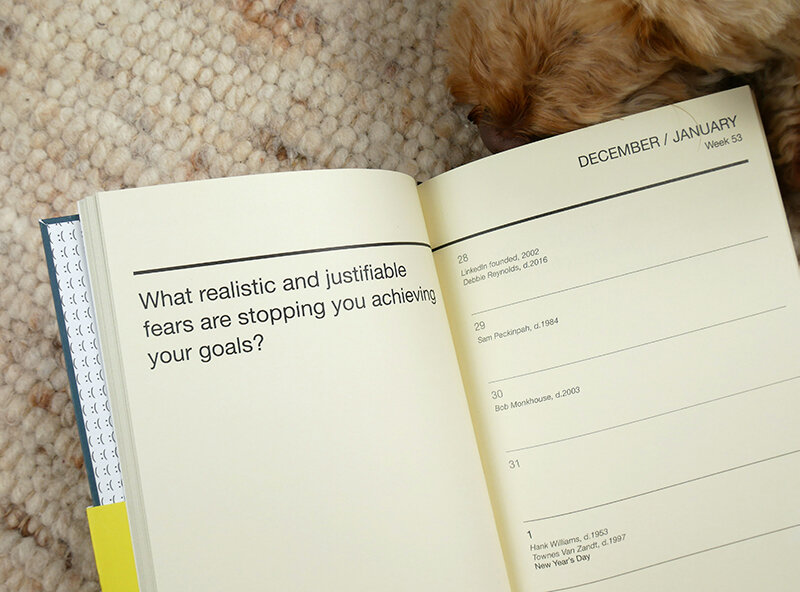Realtime Notes Volume Three is out – the latest tome in this quixotic exploration of quickfire poetry.
Buy it for £10 or get the trilogy for £20
I’m hoping this volume is the best expression of the project yet – partly because it covers quite a year.
Running from 18 August 2019 to 17 August 2020, the story spans the Brexit parliamentary battle, a General Election, the London Bridge terror attacks, an impeachment trial, a global pandemic, a prime minister in hospital, a trip to Barnard Castle, the death of George Floyd, and the build-up to the US presidential election. I often think of Realtime Notes being a continuous work – like a verse memoir or novel – so it helps when the universe provides plotlines with a satisfying shape.
The opening poem was deliberately written as a trailer for the autumn ahead – one that turned out to be reasonably accurate, although it wasn’t hard to predict things would end in a General Election one way or the other.
Events progress through a series of parliamentary battles, marches and late-night votes. For better or worse, the poems provide a chance to relive it all in real time.
There are interruptions from other dark subplots – the Essex lorry deaths and the London Bridge terror attacks among them.
The London Bridge poem was inspired by a headline in the Evening Standard that got me thinking about the phrase ‘member of the public’ – a descriptor that is at once over-familiar and de-individualising, but also strangely inspiring when you see it afresh: this sense that we are all members of a common collective.
The poem appeared in the pages of the Evening Standard a few days later, which felt like a validation of the project. Woody Guthrie talked about writing ‘newspaper songs’ – quickly penning something based on that morning’s headlines and then singing about it in the folk clubs later that day. Part of the point of Realtime Notes is that poetry can do that too, with the rapid publishing platform that Instagram provides.
Spoiler alert: the election didn’t work out for Remainers. This was the poem I wrote the day after ‘Brexit day’, inspired by the five stages of grief.
In the meantime, another plotline was brewing. It’s eerie reading back through the poems and seeing the first mention of coronavirus in January. In some kinds of writing, you have an omniscient narrator who leaves the reader guessing what comes next. This is the opposite – the reader knows how the plot works out, while the uncertain narrator fumbles his way through real time.
The narrator is pretty sure he had Covid in March, along with the rest of his household. That was a weird time. Soon the Prime Minister had it too, along with one of his advisers.
As always, the book includes some ‘visual’ poems that are more like cartoons or editorial illustrations. I stubbornly call them poems because they’re part of a poetry project and always involve playing with language. This one was produced in collaboration with Chris Clarke, Deputy Creative Director at the Guardian. (The book only allows for a rough reproduction, but that is in the rough-and-ready spirit of the project.)
The death of George Floyd opens what is effectively the third act in the book, leading to a summer of poems written from the centre of a cultural maelstrom. Stormy as it was (and still is), I tried to anchor myself to a belief in universalism – an unfashionable idea that I think is nevertheless central to any kind of moral progress.
The book ends with the article I wrote for the Guardian to mark 1,000 days of the project – a milestone I passed in May 2020.
Despite the enforced slowness of the lockdown, I believe that speed is the defining characteristic of our times – the dizzying acceleration of the news cycle, the rapid proliferation of memes via social media, the crazy centrifugal force that separates people into extremes on every issue, the sense of being on the end of a fire hose of information every time you stare into that flat rectangle in your palm. In such times, I don’t think it’s enough simply to report the news – you need to find a way to process it emotionally and psychologically. Accelerated poetry is one way to do that – poetry that embraces speed as a formal device and descends into the fray armed only with words. As I’ve said a few times about this project, history isn’t written by the victors – it’s written by the writers.
Which reminds me, I’ve not mentioned The Moron in the entirety of this post. I look forward to not mentioning him a lot more in years to come. I was quite pleased with this pun though.
Thanks to everyone who continues to follow the project on Instagram and Twitter. I especially like the fact that most readers aren’t poets themselves, which is unusual in the poetry world. I hope the book makes a good gift for people who don’t read much poetry, but would enjoy a different take on the extraordinary times we’ve been living through.
Here’s where you can buy the book or buy the trilogy. Right now, it’s only available from our site, but I’m hoping a distributor might get it into a few shops.
The project continues in real time on Instagram.

































